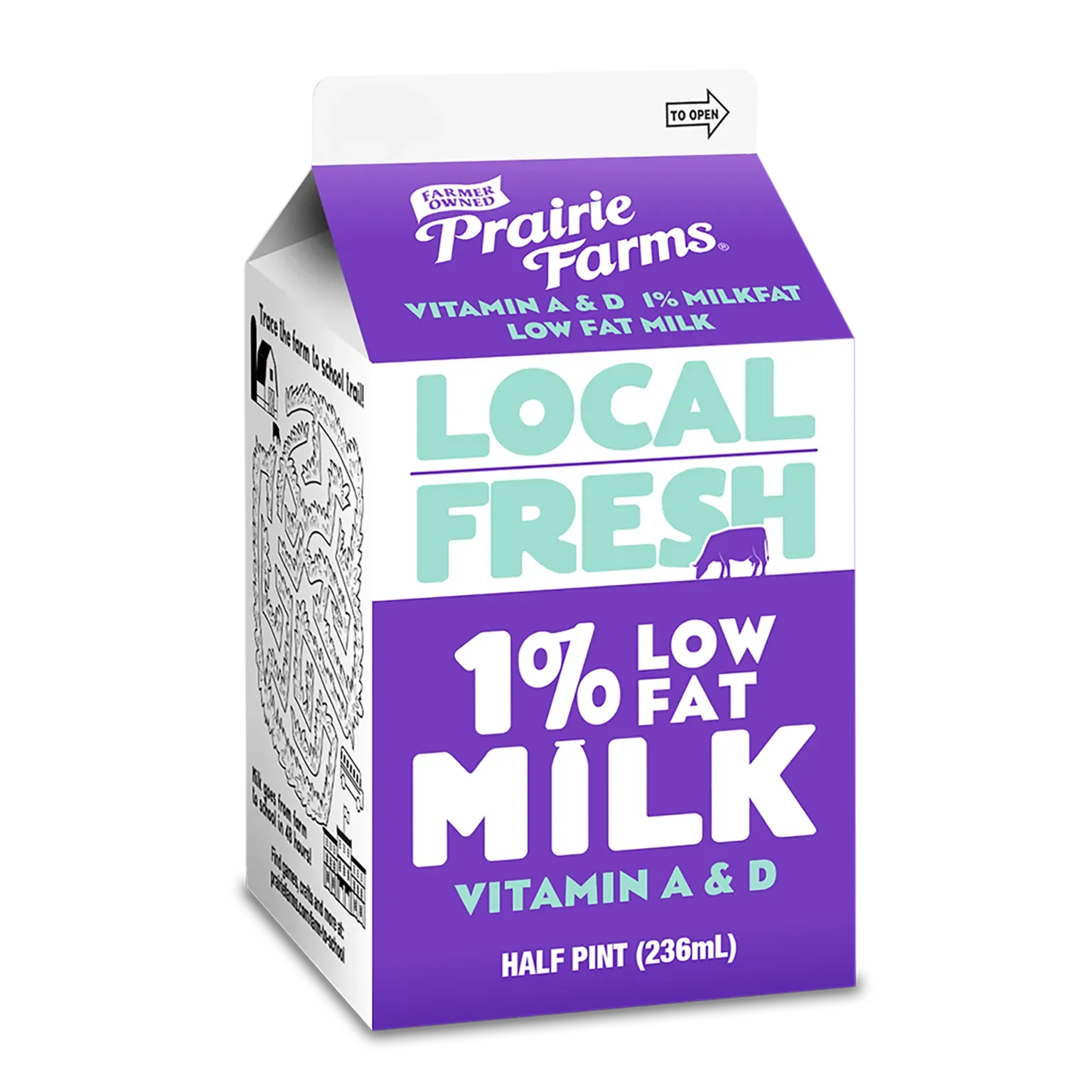Table of Contents
That burning sensation creeping up your chest after a meal? Yeah, that’s heartburn, also known as acid reflux. It’s an unwelcome guest for millions, and if you’re among the roughly 20% dealing with the more chronic version, GERD, you know the drill. We’ve all heard the old advice: drink some milk. But does chugging that carton actually help, or just make things worse? Especially when we start talking aboutlow fat milk for heartburn, the picture gets a little less clear. Diet is often the first battlefield when fighting this fiery foe. Certain foods can be like tossing gasoline on a flame, while others might offer a bit of a truce. This article cuts through the noise to figure out what's what. We'll look at the usual suspects that cause trouble, explore whether that glass of low fat milk is a hero or a zero in the heartburn saga, and touch on other options that might calm the storm in your stomach. Stick around, because knowing what to eat (and what to avoid) can make a world of difference in keeping that burn at bay.
Understanding Heartburn and Acid Reflux
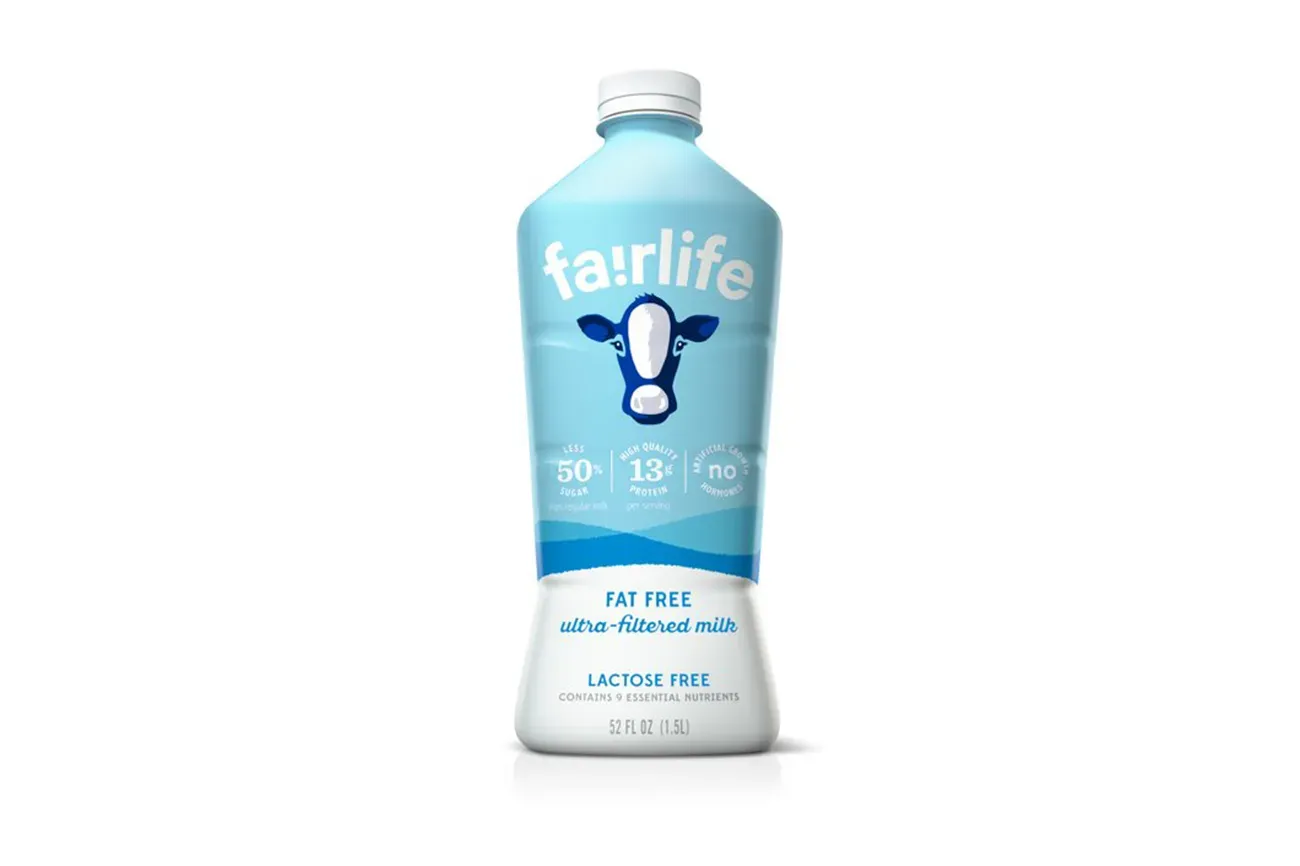
Understanding Heartburn and Acid Reflux
Alright, let's talk about what's actually happening when you feel like your chest is hosting a small, fiery protest. Heartburn, or acid reflux, isn't about your heart at all, despite the name. It's that charming sensation you get when stomach acid decides to take a field trip back up into your esophagus – that tube connecting your mouth to your stomach. There's a valve, the lower esophageal sphincter (LES), that's supposed to act like a gatekeeper, letting food down but keeping acid in. Sometimes, though, this gatekeeper gets a bit lazy or overwhelmed, and stomach acid splashes back up. Do this often enough, like two or more times a week, and you might be dealing with GERD (Gastroesophageal Reflux Disease), which is basically the chronic, more serious version of this acidic rebellion.
Foods That Often Trigger Heartburn

Foods That Often Trigger Heartburn
The Usual Suspects: Fatty and Fried
So, you've got this acid problem. What's making it worse? Think about the stuff that sits heavy in your stomach. Fatty foods are prime offenders. That greasy burger, a basket of fried chicken, or even rich, creamy sauces? They don't just slide through. They hang around, making your stomach work harder, which can relax that LES valve we talked about. More time food spends in there, more chance for acid to backflow. It’s less about the food being inherently evil and more about how it affects your digestive system's mechanics.
Acidic and Spicy Culprits
Then there are the obvious acid-boosters and irritants. Citrus fruits and juices – think oranges, lemons, grapefruit – are high in acid themselves and can add to the stomach's acidic load. Tomatoes, whether fresh, sauced, or in ketchup, are another big one. And let's not forget the kickers: spicy foods. While they might not *cause* reflux for everyone, they can certainly irritate an already sensitive esophagus lining that's been exposed to acid. It's like pouring salt on a wound, but in your chest.
Here's a quick rundown of common offenders:
- Fried and fatty foods (fries, burgers, greasy pizza)
- Citrus fruits and juices (orange, grapefruit, lemon)
- Tomatoes and tomato-based products (sauce, ketchup, salsa)
- Spicy foods (chili, hot sauces)
- Chocolate
- Peppermint
- Onions and Garlic
- Carbonated beverages
- Alcohol
- Coffee and tea (caffeinated)
Beyond Food: Habits That Hurt
It's not just *what* you eat, but *how* and *when*. Eating huge meals that stuff your stomach to capacity puts pressure on that LES valve. Lying down right after eating is practically an open invitation for acid to travel upwards. Snacking close to bedtime? Also a bad idea. Think of your stomach like a balloon; overfill it and squeeze it (by lying down), and something's going to come back up. Late-night pizza is a classic double-whammy: fatty food *and* eating too close to hitting the hay.
Can Low Fat Milk for Heartburn Offer Relief?
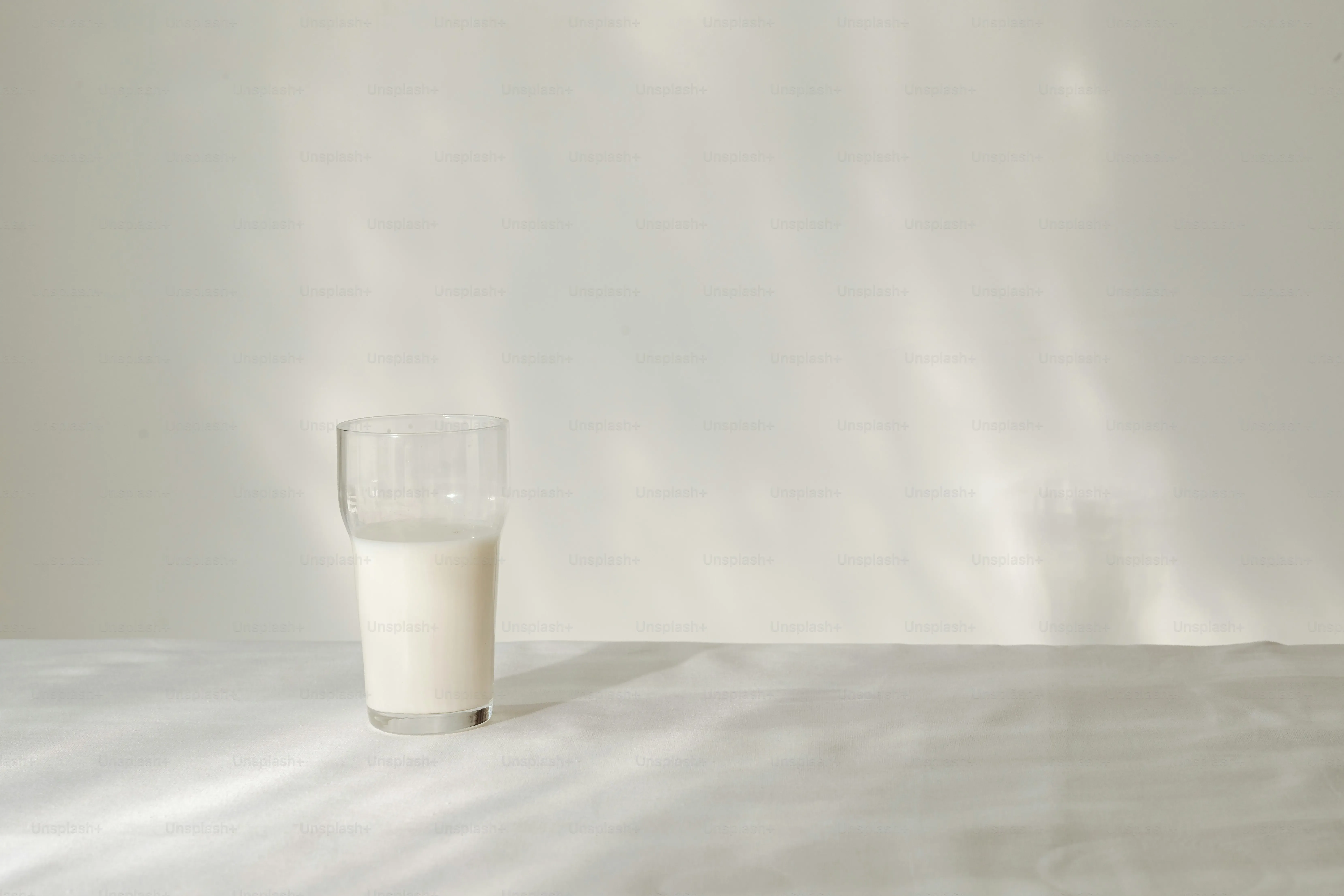
Can Low Fat Milk for Heartburn Offer Relief?
the age-old question: does milk actually help when you've got that fiery feeling? It's a common piece of advice, right up there with "walk it off" for a stubbed toe. The idea is that milk coats the esophagus and stomach, acting like a temporary shield against the acid. And for a brief moment, it might feel like it helps because it has a higher pH than stomach acid. But here's the kicker: whole milk, with all its lovely fat, can actually make things worse in the long run. Fat slows down stomach emptying and can relax that tricky LES valve, potentially increasing reflux. So, what aboutlow fat milk for heartburn? It's often suggested as a better option because it lacks the high fat content of whole milk, potentially offering that temporary buffering effect without the downside of added fat. It's not a cure, and results vary wildly from person to person – some find relief, others feel no change, and a few might even find low-fat milk triggers them too, perhaps due to its protein or calcium content stimulating acid production later on.
Other Drinks and Foods That May Help Heartburn
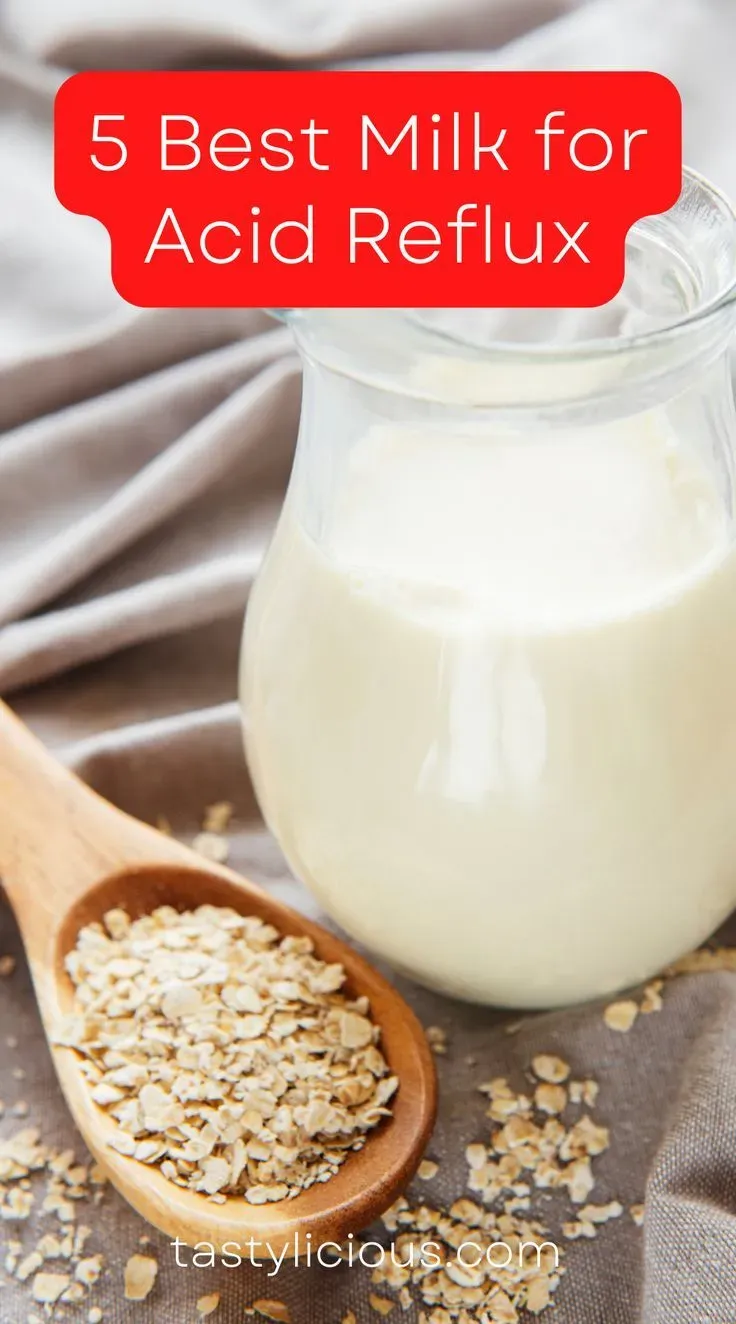
Other Drinks and Foods That May Help Heartburn
Swapping Spice for Soothing Staples
so we've covered the usual suspects that can make your chest feel like a volcano. Now, let's flip the script. What can you actually put *in* your body that might calm things down? Think foods that are naturally low in acid or act as a buffer. Alkaline foods are your friends here. They have a higher pH, which can help neutralize some of that rogue stomach acid. Things like bananas, which are often recommended, can sometimes coat the irritated esophageal lining. Melons, like cantaloupe and honeydew, are also generally well-tolerated because they aren't acidic and are high in water.
High-Fiber Heroes and Watery Wonders
Beyond alkaline options, consider foods that keep your digestive system happy and moving along without causing a fuss. High-fiber foods are great because they can help you feel full, potentially preventing overeating (a major reflux trigger), and some might even absorb stomach acid. Oatmeal is a classic example – a nice, bland, fibrous start to the day. Whole grains in general can be beneficial. Then there are the watery foods. Celery, cucumber, and lettuce are mostly water, and they help dilute stomach acid. Think of them as a gentle internal rinse cycle.
Here's a look at some potential allies:
- Bananas
- Melons (Cantaloupe, Honeydew)
- Oatmeal
- Whole Grains (Brown Rice, Whole Wheat Bread)
- Root Vegetables (Sweet Potatoes, Carrots)
- Green Vegetables (Broccoli, Green Beans)
- Celery
- Cucumber
- Lean Proteins (Skinless Chicken, Fish)
Sipping Your Way to Comfort
And what about drinks? Water, plain and simple, is always a good choice. It helps dilute stomach acid and keeps you hydrated. Herbal teas, particularly ginger or chamomile, are often suggested for their soothing properties, though individual reactions vary. Some people find ginger tea particularly helpful for digestive upset. While we talked aboutlow fat milk for heartburnpotentially offering temporary relief, these other liquids might provide a gentler, less risky approach for some folks looking to quench the burn without potentially triggering later issues. Just remember to sip, don't gulp, and avoid filling up right before lying down.
When to Seek Medical Advice for Persistent Heartburn
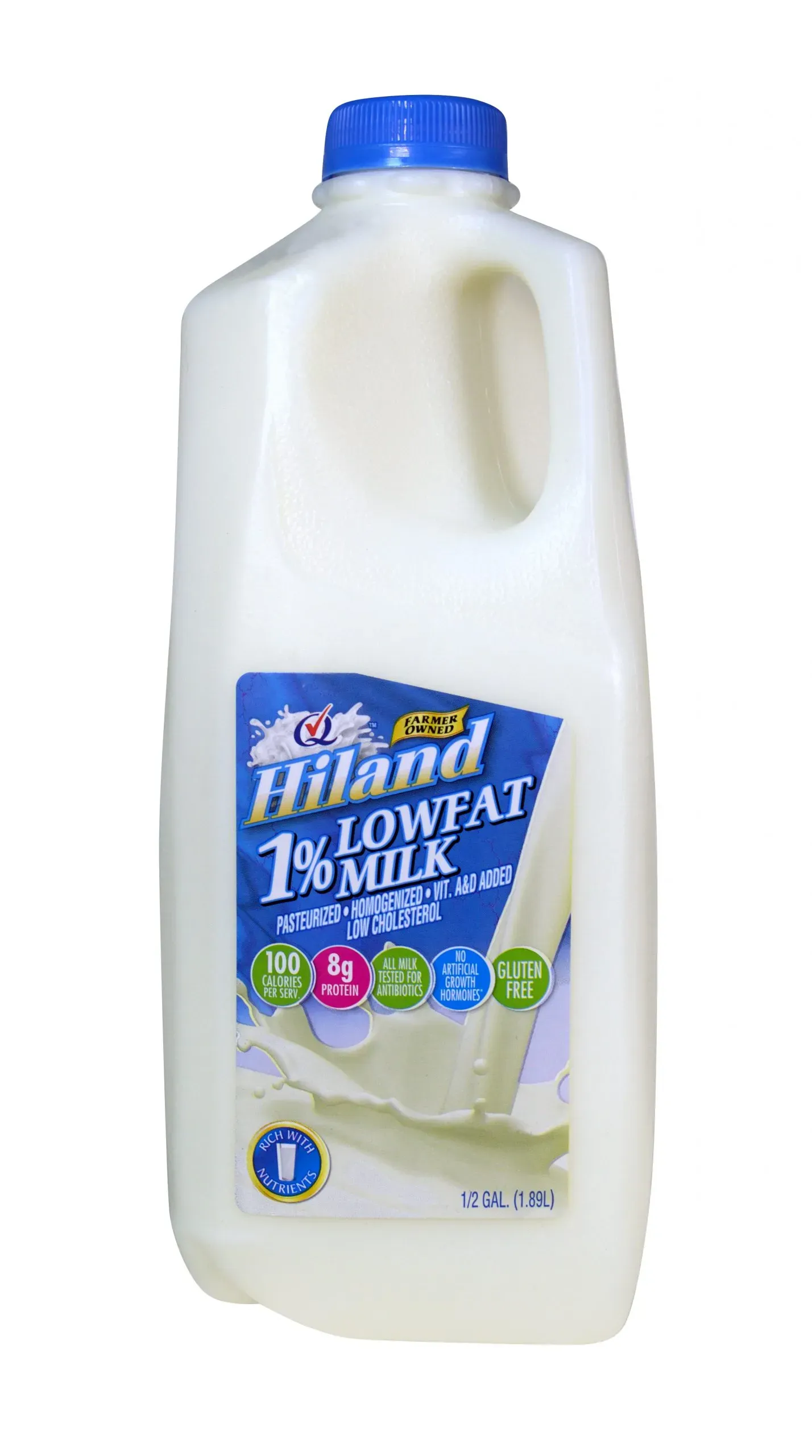
When to Seek Medical Advice for Persistent Heartburn
so you've tried tweaking your diet, maybe even experimented withlow fat milk for heartburnor ginger tea, and that burning feeling is still crashing your party regularly. This isn't just an occasional annoyance anymore; it's persistent heartburn, happening two or more times a week. That's usually the signal that it's time to stop playing doctor at home and go see an actual one. Especially if you're experiencing other charming symptoms like difficulty swallowing, unexplained weight loss, chest pain that isn't clearly tied to reflux (don't mess around with chest pain, get it checked out), or if your heartburn is waking you up at night. These could be signs of something more significant than simple reflux, or that the reflux is causing damage over time. A doctor, maybe even a gastroenterologist, has the tools to figure out exactly what's going on, whether it's just stubborn GERD or something else entirely, and can discuss treatment options beyond just diet changes.
Navigating Heartburn Relief
Dealing with heartburn means playing detective with your diet. While the promise of quick relief from a glass oflow fat milk for heartburnsounds appealing, its effectiveness varies, sometimes offering a temporary buffer and sometimes doing little. Identifying your personal triggers – those fatty, spicy, or acidic culprits – remains crucial. Exploring other avenues like high-fiber foods, alkaline options, or simple water can also be part of the strategy. Ultimately, persistent heartburn isn't just an inconvenience; it warrants attention. If dietary tweaks aren't cutting it, or symptoms are frequent, consulting a healthcare professional is the necessary next step to understand the root cause and find a sustainable solution.
